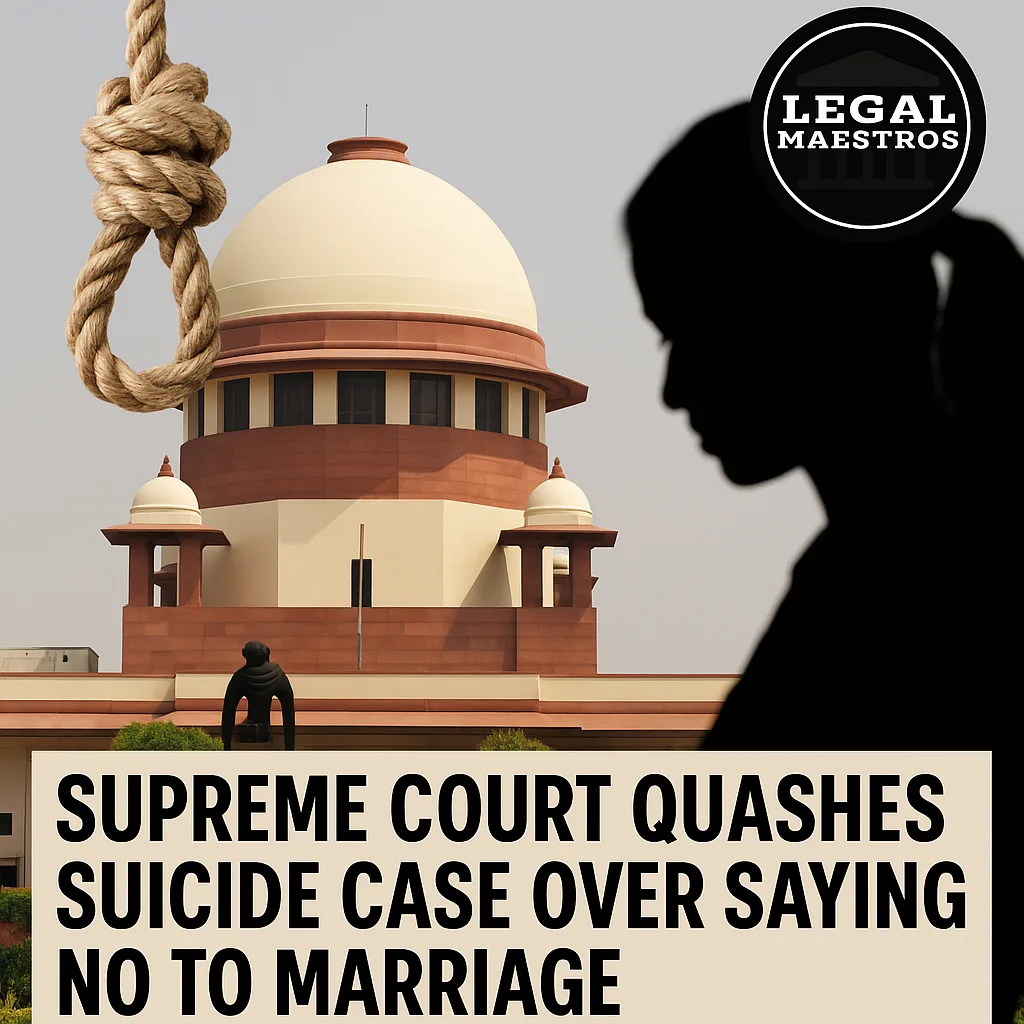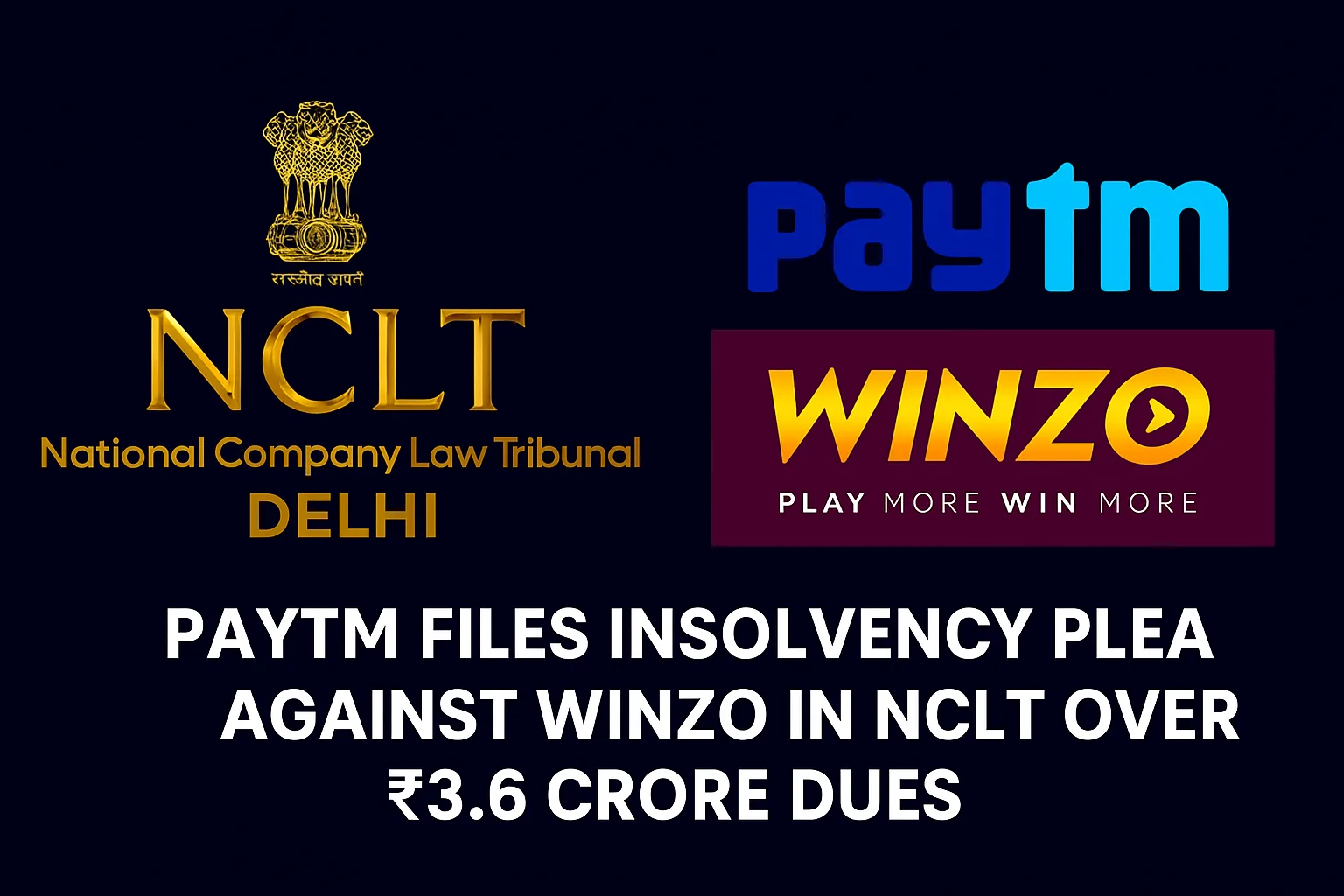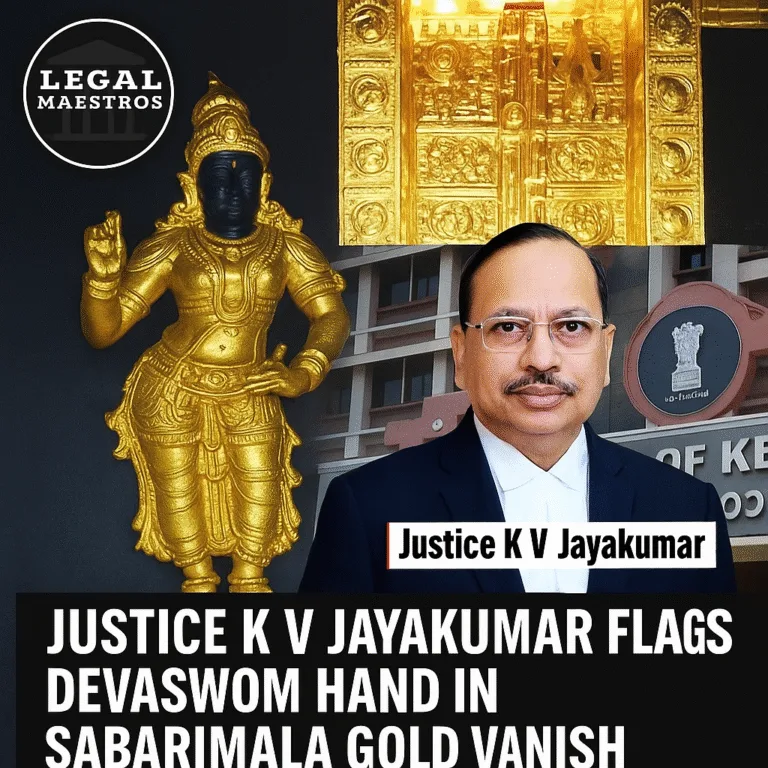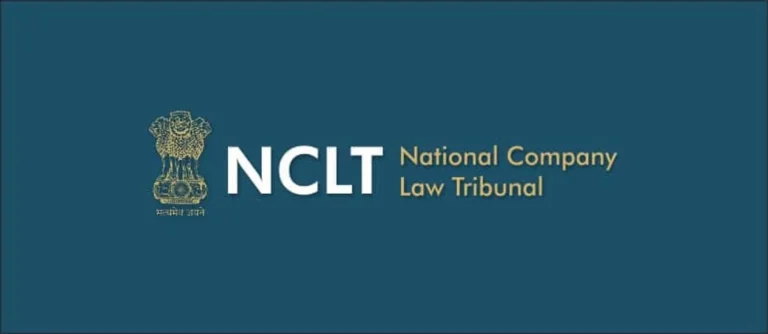
Supreme Court Quashes Suicide Case Over Saying No to Marriage
Clear Decision by Supreme court on Abetment.
The Supreme Court of India has very clearly and in a very significant decision quashed a criminal trial against a man and his mother. The serious charges they were facing were of abetment of suicide and this is provided under the Indian Penal Code 306. This move prevents the court battle against them.
The suit was initiated when a young woman literally took her life. The woman had been accused of being killed by Prabhat Kumar Mishra and his mother who were the two appellants. The whole case was created on the premise that the man refused to marry the woman and this is what caused her to commit suicide directly.
The facts were examined by the Supreme Court bench which was composed of Justice M.M Sundesh and Justice S.V.N Bhatti. They examined the complaint made by the father of the woman and the directive of Jharkhand High Court, which had not agreed to halt the case. The ultimate ruling of the Supreme Court reverses that of the High Court.
For any queries or to publish an article or post or advertisement on our platform, do call at +91 6377460764 or email us at contact@legalmaestros.com.
This ruling is extremely important in that it elucidates the minimal legal burden one must possess to prosecute an individual of abetment of suicide. The court affirmed that termination of a relationship even though highly painful is not necessarily a crime. Such ruling shields individuals against being subjected to serious criminal charges due to the personal choice of an individual that is unfortunate and tragic.
The Heart of the Case: A Relationship Ends in Tragedy.
The case was initiated by what was a love affair between the appellant, Prabhat Kumar Mishra, and the young woman who was killed. The two had known each other in a permanent affair and the family of the woman knew. The association, however, failed to lead towards marriage that the woman and her family hoped would happen.
Her father reported to the police with the First Information Report (FIR) when the woman committed suicide. He suspected that Prabhat and his mother killed his daughter and this is what he claimed in his complaint. The particular accusation was that, they had refused to consent to marry her, and this was the only reason why she was so distressed.
For any queries or to publish an article or post or advertisement on our platform, do call at +91 6377460764 or email us at contact@legalmaestros.com.
According to this grievance, the Jharkhand police filed a case on both Prabhat and his mother. They were not only accused of committing suicide under the provisions of Section 306 but in accordance with Section 34 of the IPC as to which acts committed by more than one person are done in furtherance of a common intention. This was an indication that the police felt that they had conspired to kill the person using suicide.
The first court to which the case against the man and his mother was presented was the Jharkhand High Court to quash or dismiss the case. They claimed that the accusations were false and even in case they were they did not constitute a crime. Their petition was, however, rejected by the High Court and that prompted them to take it to the Supreme Court of India as the final option.
What the Laws of Suicide deem as an Abetment of Suicide?
The whole ruling of the Supreme Court was based on the specific legal interpretation of the word abetment of suicide. According to the judges, it is a very grave charge, and requires very powerful evidence. The mere fact that the name of the person featured in a suicide note or the family accuses them of the crime does not necessarily declare them guilty of such an offense.
For any queries or to publish an article or post or advertisement on our platform, do call at +91 6377460764 or email us at contact@legalmaestros.com.
The court considered Section 107 of Indian Penal Code which defines the term abetment. In order to abet a person, one has to do one of three things. They have to instigate the person, be involved in a conspiracy to cause the person to commit the act or has to intentionally aid the person to commit the act. In abetment of suicide, instigation is generally the most significant aspect.
The judges identified the meaning of instigation as per the law. It does not only come as telling or recommending. It should be a positive act that provokes, urges or incite an individual to do something. The defendant should also have taken the active role of doing or saying something with the definite aim of causing the person to end his life.
To make this point sound, the court referred to numerous of its past judgements. It declared that in order to establish abetment, the prosecution ought to demonstrate that the accused person possessed an evil mind, or mens rea. This implies that they will have been planning the death of the individual. The accused should have done it in such a direct and severe way that the deceased person did not have any other option but to end his or her life.
For any queries or to publish an article or post or advertisement on our platform, do call at +91 6377460764 or email us at contact@legalmaestros.com.
Court says No to Marriage is Not a Crime.
Using this high legal standard, the justices of the Supreme Court then considered the actual charges in this case. They took the initial FIR made by the father of the woman. The judges determined that the complaint said that the appellants did not whisper a fact or allegation that would be a positive act of instigation.
The judgment is categorical that a simple refusal to marry per se, would not form an offence in terms of Section 306. Although breaking up of a relationship may leave one in a severe state of emotional pain and distress, it is not criminal abetment. The court made a sharp distinction between personal relationship emotional situations and a criminal act.
The court established that the complaint had not made any claim that Prabhat or his mother had actively engaged in assisting the suicide. It was not alleged that there was any threat, blackmail or such gross harassment as may be considered the legal meaning of instigation. Their refusal to consent to the marriage was the only act which they were charged with as it is not a criminal offense as held by the court.
For any queries or to publish an article or post or advertisement on our platform, do call at +91 6377460764 or email us at contact@legalmaestros.com.
The bench observed that the deceased woman was a major and she was in a fit state of mind. This implies that she was a mature person who could make her own choices. According to the court, her act of committing suicide was a tragic end and unfortunate choice, although it was hers. The appellants did not criminally force her into making this choice.





![Research Assistantship @ Sahibnoor Singh Sindhu, [Remote; Stipend of Rs. 7.5k; Dec 2025 & Jan 2026]: Apply by Nov 14, 2025!](https://legalmaestros.com/wp-content/uploads/2025/11/Gemini_Generated_Image_s0k4u6s0k4u6s0k4-768x707.png.webp)
![Karanjawala & Co Hiring Freshers for Legal Counsel [Immediate Joining; Full Time Position in Delhi]: Apply Now!](https://legalmaestros.com/wp-content/uploads/2025/11/Gemini_Generated_Image_52f8mg52f8mg52f8-768x711.png.webp)
![Part-Time Legal Associate / Legal Intern @ Juris at Work [Remote]: Apply Now!](https://legalmaestros.com/wp-content/uploads/2025/11/ChatGPT-Image-Nov-12-2025-08_08_41-PM-768x768.png.webp)
![JOB POST: Legal Content Manager at Lawctopus [3-7 Years PQE; Salary Upto Rs. 70k; Remote]: Rolling Applications!](https://legalmaestros.com/wp-content/uploads/2025/11/ChatGPT-Image-Nov-12-2025-08_01_56-PM-768x768.png.webp)